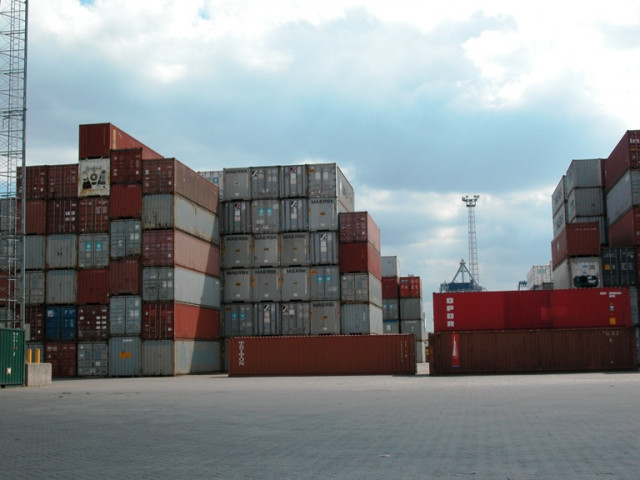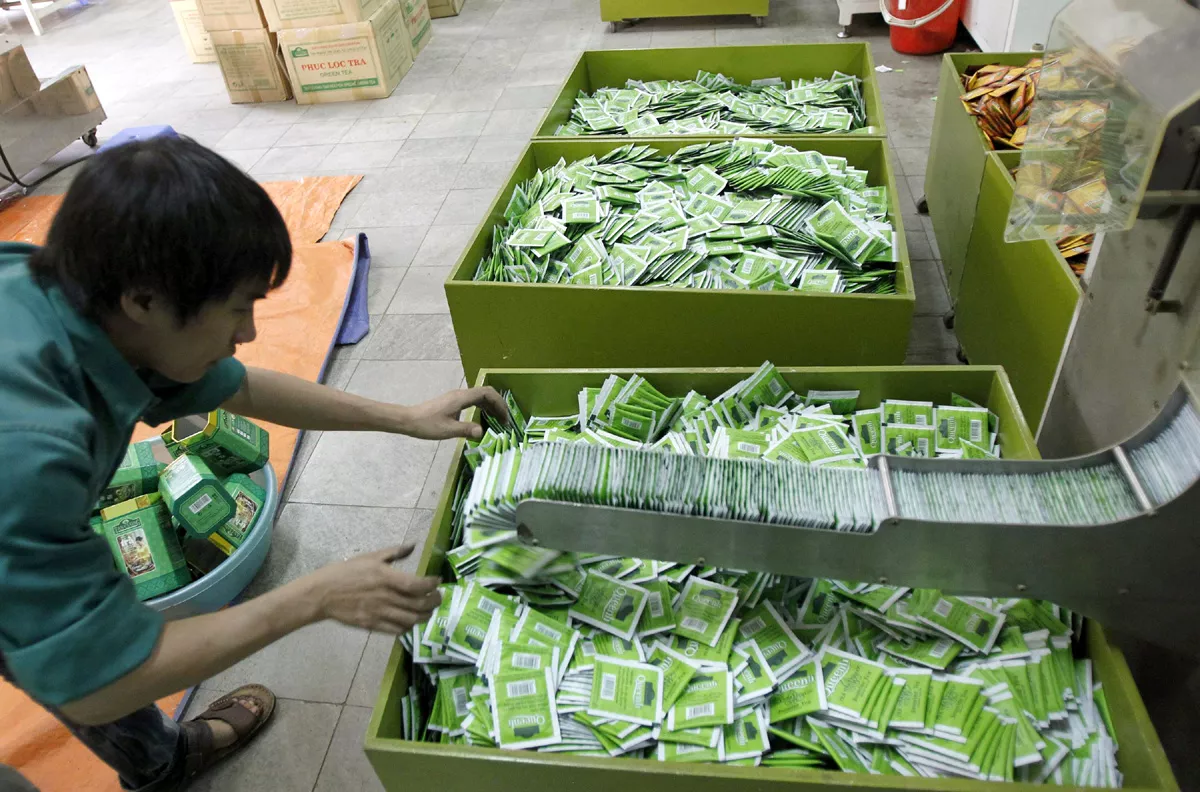IMF seeks clarity on $11b trade data gap
PRAL, PSW import figures raises questions over credibility of data; ministries worry against making revisions public

The International Monetary Fund (IMF) has asked Pakistan to publicly disclose $11 billion worth of discrepancies in trade data reported by two government entities over the last two fiscal years, raising questions about the credibility of the country's external sector indicators.
Government sources told The Express Tribune that imports reported by Pakistan Revenue Automation Limited (PRAL) were $5.1 billion lower than those reported by Pakistan Single Window (PSW) for fiscal year 2023-24. The difference widened further to $5.7 billion in the following fiscal year, they added. PSW's import figures, which are considered more comprehensive and include all import entries, were also higher than the State Bank of Pakistan (SBP)'s freight-on-board (FoB) based import data, said the sources. The current account surplus for the last fiscal year was calculated using the central bank's data.
The Pakistani authorities briefed the IMF this week after the global lender approached the Pakistan Bureau of Statistics (PBS) before the start of review talks, according to the sources. The issue was later discussed in sessions with PBS and the Ministry of Planning and Development.
During the discussions, the IMF recommended that Pakistan adopt a clear communication policy to explain the discrepancies in trade data and the changes in methodology to avoid mistrust between the government and data users.
Pakistan reportedly admitted to the IMF that the trade data, submitted to the Geneva-based International Trade Center (ITC) by PBS, was not comprehensive and that some import figures were missing from its reporting. However, officials maintained that the underreporting was not due to any malafide intent but rather stemmed from the transition of the trade data source from PRAL to PSW.
PRAL operates under the Federal Board of Revenue (FBR), while PSW is an independent legal entity, although most of its officers come from the Customs Department.
The sources said the PSW data is more comprehensive and covers all import entries, particularly those related to trade facilitation schemes. In contrast, PRAL's data underreported imports, especially of raw materials. The IMF was informed that discrepancies in data grew significantly during fiscal years 2023-24 and 2024-25, and the trend has continued during the first two months (JulyAugust) of the current fiscal year.
According to the sources, the IMF has asked Pakistani authorities to correct and update past trade data and share it with both the IMF and all domestic stakeholders, including the media. The IMF further advised Pakistan to ensure a clear communication policy, stressing that a lack of communication regarding data revisions and discrepancies in data creates doubts about the accuracy of official statistics.
Source of discrepancy
Sources have said the underreporting surfaced during an exercise aimed at identifying the reasons behind a large discrepancy between trade data reported by Pakistani importers and Chinese exporters. Prime Minister Shehbaz Sharif had formed a committee to investigate the issue. A joint team comprising officials from the FBR, PBS, PRAL, and PSW analysed five years of trade data. It emerged that PBS's trade data was retrieved using a programmed query that had not been updated since 2017, leading to consistent underreporting of imports, which increased substantially in recent years.
The PSW's database was based on 15 types of goods declarations, offering comprehensive coverage compared to PRAL's data, which was limited to seven.
This difference resulted in a $5.1 billion underreporting of imports in fiscal year 2023-24 and $5.7 billion in the previous year, primarily due to trade facilitation scheme-related goods declarations being excluded from PRAL's dataset. In one internal meeting, sources said, the FBR informed stakeholders that Pakistan Customs had created a separate goods declaration category for trade facilitation schemes. However, this classification was not integrated into PBS's data collection system under PRAL, resulting in missing figures.
The most significant discrepancy was in the textile sector, where nearly $3 billion worth of imports were underreported. Imports in the metal group were also understated by about $1 billion in fiscal year 2023-24. Despite the IMF's recommendation for transparency, sources said the PBS was reluctant to make the revisions to the previous years' data public.
Officials in the Ministry of Finance were also concerned that publicising the revised figures could affect net export calculations, which might, in turn, influence economic growth estimates.






















COMMENTS (1)
Comments are moderated and generally will be posted if they are on-topic and not abusive.
For more information, please see our Comments FAQ